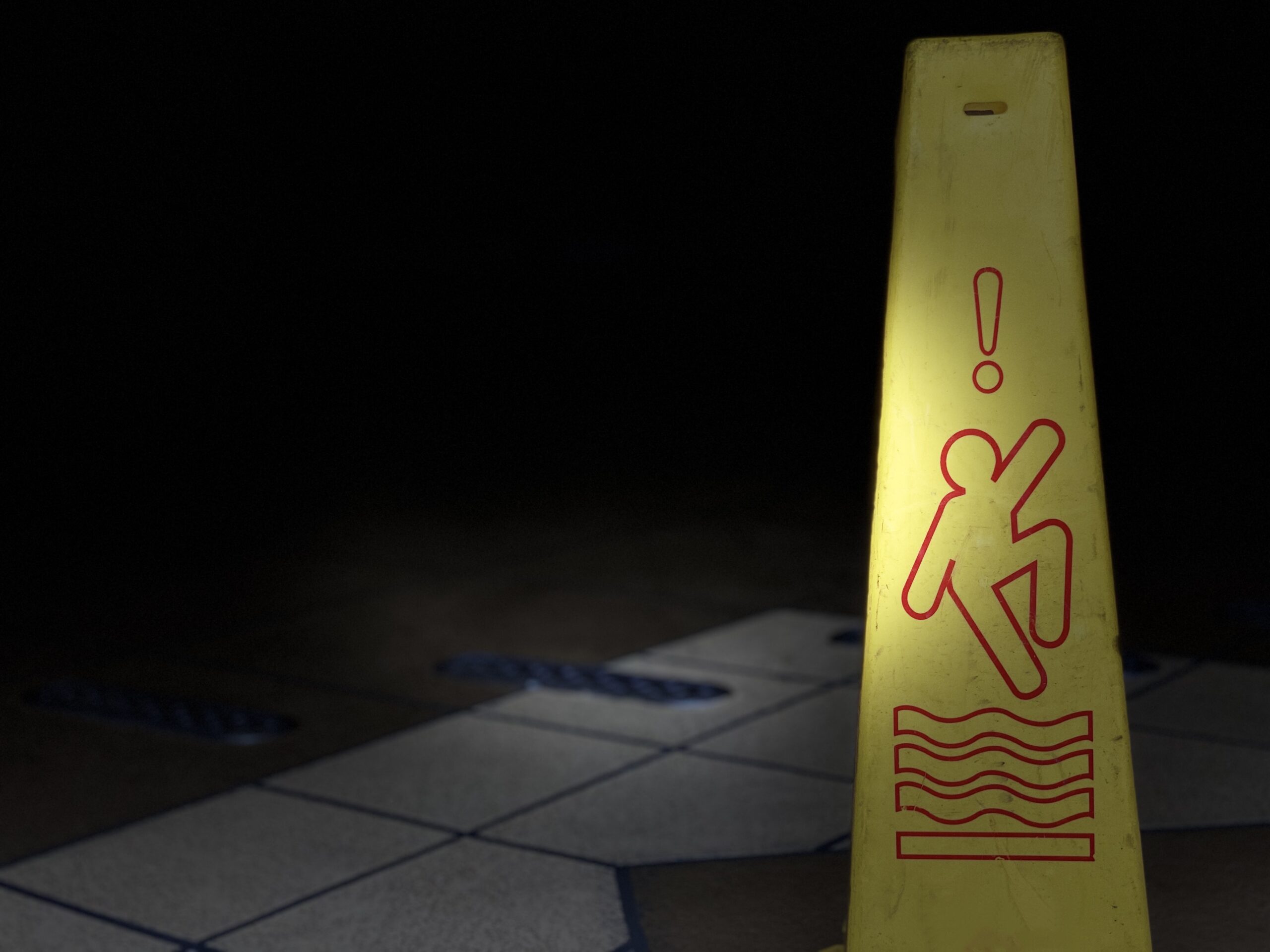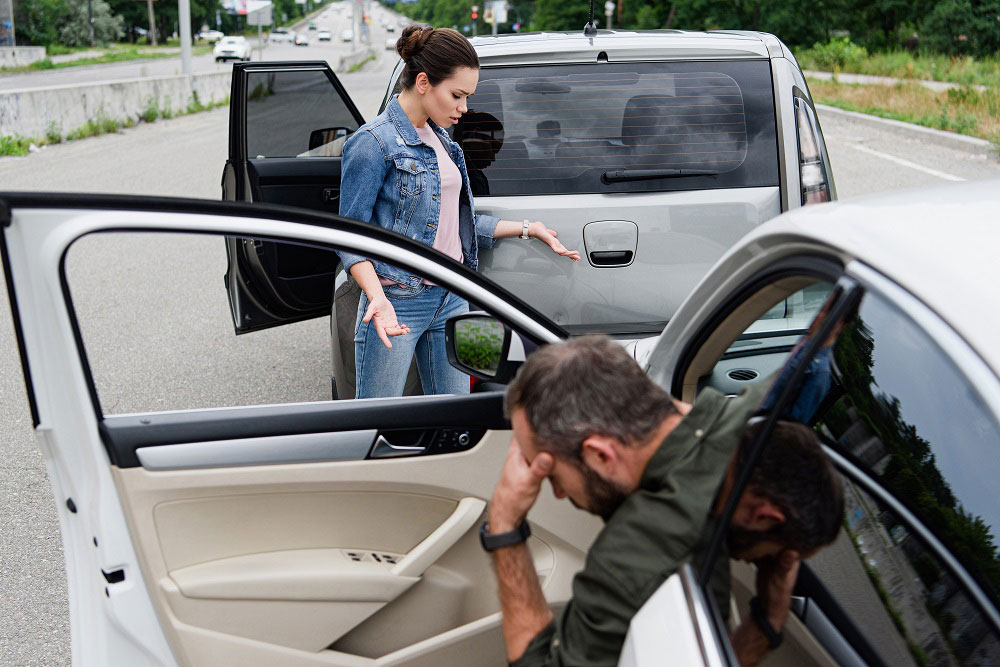Author:
What is Distracted Driving in Washington?
Distracted driving occurs when someone operates a vehicle while doing any activity that is not related to the operation of the vehicle that takes their attention away from driving. Washington has enacted two strict driving laws to combat the dangers of not focusing on the road. First, the most obvious distraction: using a mobile phone or other electronic devices. Electronics are prohibited while driving or even while sitting at a red light in traffic is against the law. As a driver, you are not allowed to hold a device; it must be mounted in the car and operated hands-free. Watching a video, using a hand or finger to interact with email, text or instant messages, photos, or other electronic data is prohibited. The second law prohibits general distracted driving. Secondary offenses, for which a ticket can only be issued if you are pulled over for a separate primary violation, can include almost anything considered to be distracting, such as eating or applying makeup.
What is Allowed?
Washington’s lawmakers allow some safe use of electronics in the car to accommodate necessary functions that are not distracting. Drivers can operate a device with minimal use of a finger to merely activate, deactivate, or initiate a function of the device. This could include actions like turning on voice commands.
There are also a few limited exceptions to the prohibition of electronic device use in Washington. A driver can use a device to contact emergency services. A person operating an emergency vehicle is not subject to the prohibition against electronics. Transit system employees are exempt when using a device to relay time-sensitive data to a transit dispatcher. There are also certain commercial drivers who are authorized under federal law to utilize electronics while driving.
It is also acceptable for a driver to pull to a stop at a safe spot at the side of the road or off the road to use their electronic device.
Consequences of Distracted Driving
If a driver uses a personal electronic device while driving a motor vehicle, they can be found guilty of a traffic infraction and will pay a fine. Fines start at $136 and increase dramatically for subsequent violations of this law. Secondary violations such as distraction resulting from “any activity not related to the actual operation of a motor vehicle” can add additional fines to any primary violation. Insurance companies can find out about distracted driving violations as they are reported to the Department of Licensing and can remain on your record for three years. Like a speeding ticket, a distracted driving ticket can affect your insurance premium as it is a moving violation. Because of the potential long-lasting consequences of a distracted driving ticket, it is important to consult a car accident attorney who can help keep your driving record clear and help prevent your insurance costs from skyrocketing.
Additional Considerations: Accidents and Injuries
Distracted driving that causes an accident or injuries falls under separate criminal laws and can potentially be charged as a vehicular assault. Victims of such incidents that are injured have the right to pursue compensation from the driver and their insurance company. If you have been involved in a distracted driving accident, it is essential to consult a lawyer who can assist you.

If you have questions about your case, please contact us at [email protected] or (253) 236-4079.




